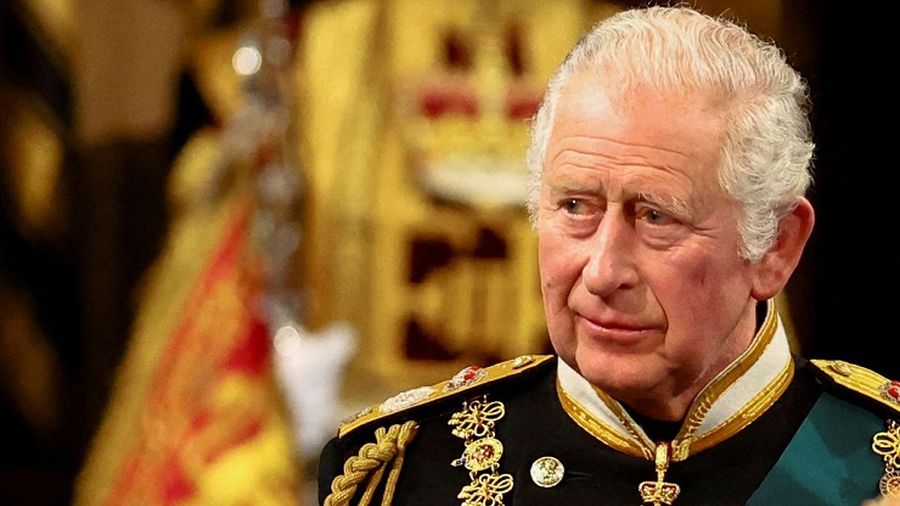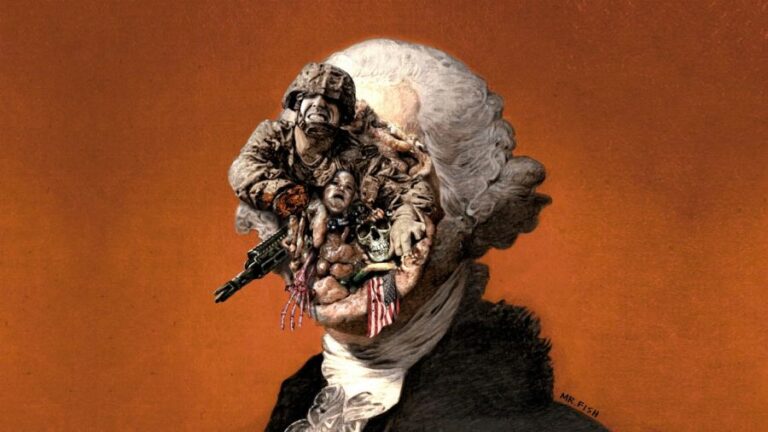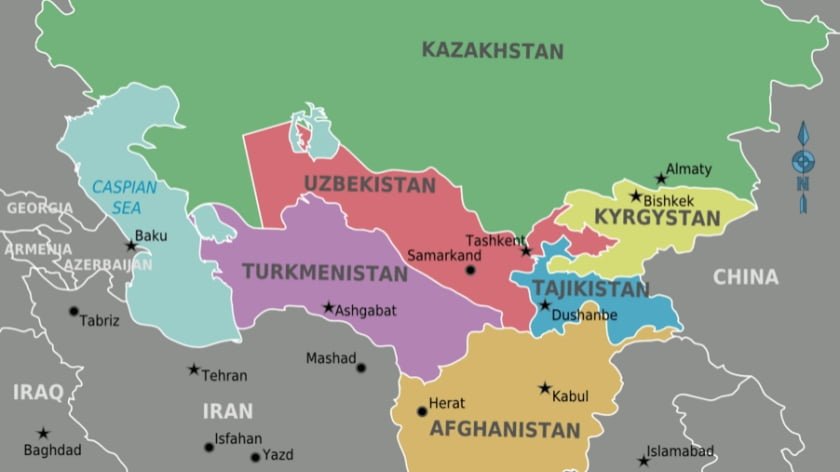Will Charles III be Able to Maintain Power Over New Zealand?
Ascending the British throne and becoming head of the Commonwealth upon the death of his mother in September 2022, King Charles III is one of the UK’s most controversial monarchs. First, Charles III is the oldest British monarch, having ascended the throne at the age of 73. Second, the new British monarch can hardly be called a person who enjoyed or enjoys popularity among the people. Third, for many decades the prestige of the British monarchy in the world has been steadily declining for several objective reasons. Therefore, Charles III will have to make great efforts to maintain power over former dominions and thus save the future of the British monarchy.
To date, there are relatively few states where Charles III still rules. The most famous and successful of these countries are Canada, Australia and New Zealand.
New Zealand has the most loyal attitude to overseas royal rule in comparison with other Commonwealth countries, and especially with its neighbor in the South Pacific region – Australia, which back in 1999 held a referendum on the abolition of the monarchy, during which about 45% of the votes were cast for a republican form of government. In New Zealand, where there has never been a national vote on the abolition of the monarchy, the attitude towards the British monarch is tolerant, due to the fact that this country with a population of 5 million, owing to its relatively small size and remote geographical location from world centers, does not claim to be a regional power and has no plans to extend its influence to other countries. The absence of serious geopolitical ambitions negatively affects the rise of anti-monarchist sentiments.
On September 12, 2022, four days after the death of Queen Elizabeth II, New Zealand’s Prime Minister Jacinda Ardern, in her speech on this sad event, noted that the country would not switch to a republican form of government anytime soon.
Jacinda Ardern also drew attention to the fact that although there were discussions in New Zealand’s society regarding the rejection of the British monarchy, the country’s leadership had not yet reached a consensus, and therefore the issue of declaring the country a republic was not currently on the agenda.
According to the Prime Minister, if the country becomes a republic, then only in the foreseeable future. Today, according to Jacinda Ardern, the rejection of the monarchy will lead to an undesirable cooling of relations with the UK.
Nevertheless, Jacinda Ardern is convinced that New Zealand is moving in a republican direction, and that someday, in the long term, she will still have to witness the abolition of the monarchy in her country.
Jacinda Ardern ended her speech with the words that with the death of Queen Elizabeth II, an entire era in the history of New Zealand had ended. The Prime Minister also paid tribute to the late Queen and expressed her condolences to her relatives.
Jacinda Ardern’s speech was structured in such a way so as to satisfy the interests of several sides at once. The Prime Minister was able not only to show her respect for the UK by expressing her regrets to its people in connection with the irreparable loss, but also to enlist the support of New Zealand’s republican voters, giving them hope that sooner or later New Zealand would become a republic.
As mentioned above, the statements and actions of the representatives of New Zealand in relation to the British monarchy are much more restrained compared to the rhetoric of officials of some other countries where British royal rule is still preserved. For example, this year Australian politicians have expressed their attitude towards the monarchy not only in words but also in deeds.
In May 2022, as a result of federal parliamentary elections in Australia, the head of the Labor Party, Anthony Albanese, became Prime Minister. And the position of “Assistant Minister for Defense, Veterans’ Affairs and the Republic” appeared in the new cabinet of ministers. This post went to Sydney MP Matt Thistlethwaite. This turn of events can be called the first really serious step on the part of Australia to abandon the monarchical form of government.
On June 9, 2022, Matt Thistlethwaite declared that Australia was a sovereign state that had its own culture and history. In the opinion of the Australian politician, the country should be governed by an Australian, not a foreign monarch. Matt Thistlethwaite believes that Australia is no longer a British “dominion.” According to the Assistant Minister for Defense, Veterans’ Affairs and the Republic, his main task is enlightenment: he needs to convey to every Australian that the head of state should not be a British monarch. Such rhetoric clearly indicates that the country is gradually preparing ground for a new referendum on the abolition of royal rule.
The process of abolishing the institution of the monarchy in Australia may cast a shadow on relations with the members of the AUKUS defense alliance formed in 2021, which includes the US, UK and Australia. This organization aims to curb China’s rapidly growing influence in the South Pacific region. Today, Australia’s abolition of the monarchy would be perceived ambiguously by the UK and its allies.
New Zealand, being a country of the Western Bloc, has no desire to break trust with the UK, knowing that the consequences of such a move would be adverse. New Zealand needs to maintain close relations with the West to stay out of China’s ever-expanding sphere of influence. A hypothetical renunciation of the British monarchy would hurt relations with London and would have a bad effect on the development of dialogue with states where British royal rule is still intact.
On December 2, 2022, the Minister of Foreign Affairs of New Zealand, Nanaia Mahuta, stated that New Zealand’s leadership had not set the task of becoming an AUKUS member (primarily because of Wellington’s firm anti-nuclear stance), but the country’s authorities were ready for partnership with this international alliance. In particular, according to Nanaia Mahuta, Wellington is ready to take part in joint projects with AUKUS in the field of cybersecurity
Until the geopolitical situation in the South Pacific region stabilizes, it is not worth waiting for the abolition of the monarchy in New Zealand. The country is too small to risk disrupting relations with the UK at the international level for the sake of its domestic political ambitions. The UK remains one of the main strategic partners of New Zealand, which is one of the most remote countries in the world in relation to civilization centers. Undoubtedly, Wellington will not be left politically alone if its engagement with Western allies is disrupted for any reason, as China is rapidly bringing into its sphere of influence countries over which the control of Washington and its partners is weakening. However, balancing between two fires, New Zealand is well aware that if the country’s leadership disrupts relations with its old partners, this will do Wellington more harm than good at this stage.







